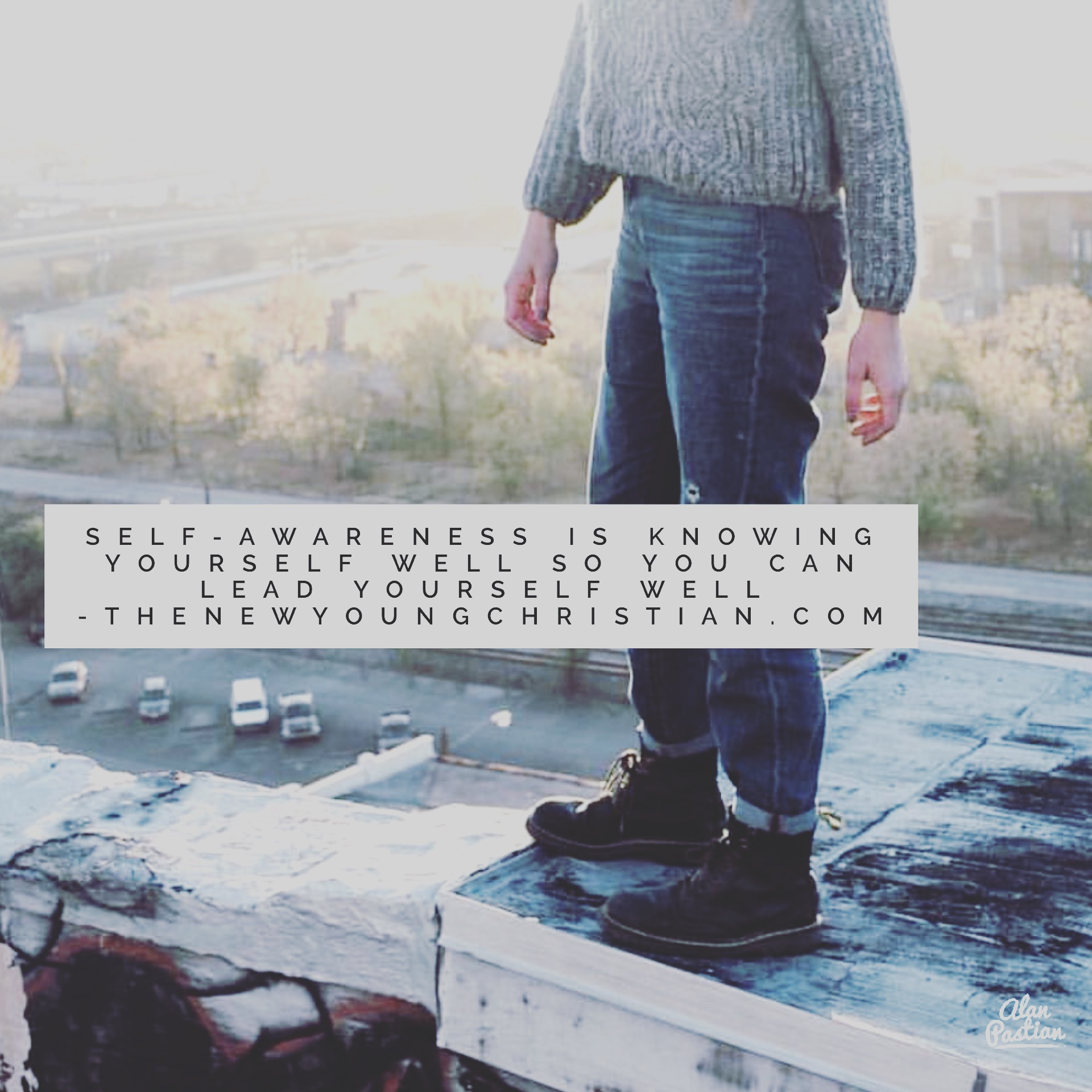We live in highly emotionally charged environments from time to time.
“Don’t tell me the facts about Hillary Clinton or Donald Trump…because how I feel about my candidate is more important to me.”
“Don’t tell me the facts about Kanye west because I believe….”
“The story about Colin Kaepernick is not accurate because I think….”
“I feel superman could clearly take out batman with his super speed before batman could even fire a kryptonite bullet because….”
How I feel is more important how I think. What I personally believe is more important than facts, accuracy or the whole story. My feelings, my emotions and my personal beliefs have more validity than the certainty, correctness and the actuality of a person, situation or an event.
This is the danger for the young person navigating the complicated landscape of media and information outsourcing. Not just that but this complicates the spiritual landscape as well:
“I feel God wouldn’t create a hell because God is love so….”
“ I think the Bible is really just a book so I don’t believe that when God said ….”
“I believe that Jesus wasn’t a real person but an ideal person because….”
These thoughts will take you down a path of duplicity. Each thought a false a narrative that is building a fake backdrop to a fictitious life with make-believe characters.
Every year, Oxford Dictionaries' lexicographers decide on a word that points to the year's biggest trends or changes in the English language.
“After much discussion, debate, and research, the Oxford Dictionaries Word of the Year 2016 is post-truth–an adjective defined as ‘relating to or denoting circumstances in which objective facts are less influential in shaping public opinion than appeals to emotion and personal belief.'” Oxforddictionaries.com
Post-truth is defined as an adjective "relating to or denoting circumstances in which objective facts are less influential in shaping public opinion than appeals to emotion and personal belief," according to the dictionary.
Oxford Dictionaries noticed a rise in the use of the word during Brexit and the 2016 US Presidential Campaigns, but really, “the concept has been simmering for the past decade,” said Oxford Dictionaries.
This trend and nomination is reflective of the tendency in our culture that we care more about how something makes us feel that the truth about that something. Obviously this word is applied primarily to politics but it also can apply to faith and religion as well. The spiritual truths in the Bible have potential to lose their potency in a post-truth sanitized culture. Truth will always be truth. That cannot change. Water will always boil at 212 degrees regardless of how you feel about it. But does this mean how we approach how we share our faith has to change?
At the beginning of the Acts 17, Paul is speaking to fact-driven Jews who valued truth. Knowing this Paul speaks to their familiar Old Testament scrolls and begins to make a methodical case for Christ being the prophesied Messiah. But in the second part of Acts 17 we see a shift: Paul preaching to truth-eschewing philosophers in Athens. These pundits and thought leaders were proud of their complicated nuanced beliefs that oftentimes were not consistent and would compete with one another.
Acts 17 is similar to what we see and experience today with culture and those who attempt to shape it. A truth that shifts when it’s conveneient to our feelings, to our beliefs and to our ideas.
How do we speak truth in a complex “post-truth” culture like ours?
1. Establish a relationship on common ground
“So Paul, standing before the council, addressed them as follows: ‘Men of Athens, I notice that you are very religious in every way,for as I was walking along I saw your many shrines. And one of your altars had this inscription on it: ‘To an Unknown God.’ This God, whom you worship without knowing, is the one I’m telling you about.” Acts 17:22,23
Instead of shaming them for their false beliefs and gods, Paul does something that we also can do: find common ground. He doe this by asking about, listeningand a acknowledging their “Unknown God.” This is his common ground.
We can do the same.
Ask questions about what that person admires, enjoys and believes as you attempt to engage with them. Humbly ask questions, then look for signs of admiration in what they are talking about and We equip them to ask questions in a humble way in order to establish a relationship and discover what they believe. Then look for things they can admire (i.e., the altar to the unknown god). Ask about it and find the common ground in it.
2. Find voices in culture that they respect and consider as truth
“For in him we live and move and exist. As some of your own poets have said, ‘We are his offspring.’” Acts 17:28
Paul quoted a pagan poet to make a spiritual point. We ought to do the same. For us, this can be using things like music lyrics to popular songs or movie scenes to help make a spiritual point.
If they love spirituality…so do you. Your “center” is Jesus. If they are talking about a movie, find out it’s theme. Celebrate the themes of redemption, forgiveness, honor and sacrifice…all Biblical themes (don’t worry about rating, language, etc; you’re finding common ground remember?) Find spiritual themes behind music songs and celebrate those themes (Coldplay, Mumford & Sons, Sufjan Stevens, etc) . Observe supernatural themes and redemptive analogies in tv and movies (American Horror Story, The Walking Dead, etc). Use culture to speak to these things. If you feel you can’t watch it but you hear others talking about it, then do easy research. There is enough on Wikipedia and other entertainment sources to give you an understanding so that you can have some knowledge about these cultural pieces even if you don’t know the show.
3. Share the Gospel and your own story as an emotionally compelling story
In Paul’s Gospel presentation he unveils the Lord as a loving Creator (v. 24-26), a caring God (v. 27-29) and a just God (v. 30-31.) These descriptions of God create warm feelings as well as a good kind of tension. That is to say, God is loving toward His creation, but is also the Judge over our sin.
Paul’s description of the Gospel provides an emotionally charged and spiritually compelling story that invites the audience in to ponder what he is saying. He puts the tension center stage by illustrating how the Judge of sin sent his own Son to die in the place of a planet full of spiritual criminals (v. 31.)
According to David Mamet, every great drama has three essential components: “Yes, no…but wait!” The Gospel has all three components. There’s a “yes!” This is when a loving God created us to be with him. There’s a “no!” This is when we blew it by sinning and can’t bridge the gap back to a holy God through good deeds. There’s a “but wait!” This is when that holy God sacrificed his only Son on our behalf!
The same is with your testimony, your story…your drama. Break your testimony down into 3 areas: BC, conversion, AD. What your life was like “Before Christ” (share a piece of your life that was difficult-depressed, prideful, bad relationship, family divorce, etc). Then share what that moment was like when you found Christ and what He did in you in that area (share your prayer, your moment with a friend, your time in a church or small group that you prayed and Christ entered your life or when your faith became real to you). Finally, share how that area of your life is different now. The pain of divorce is filled with the peace of Christ, the suicidal thoughts are less or completely gone because of Christ, your pride is replaced with a desire to serve others like never before, etc).
The more we can tell the Gospel and our own emotionally compelling masterpieces, the more effective we will be at reaching those steeped in a post-truth culture.






















